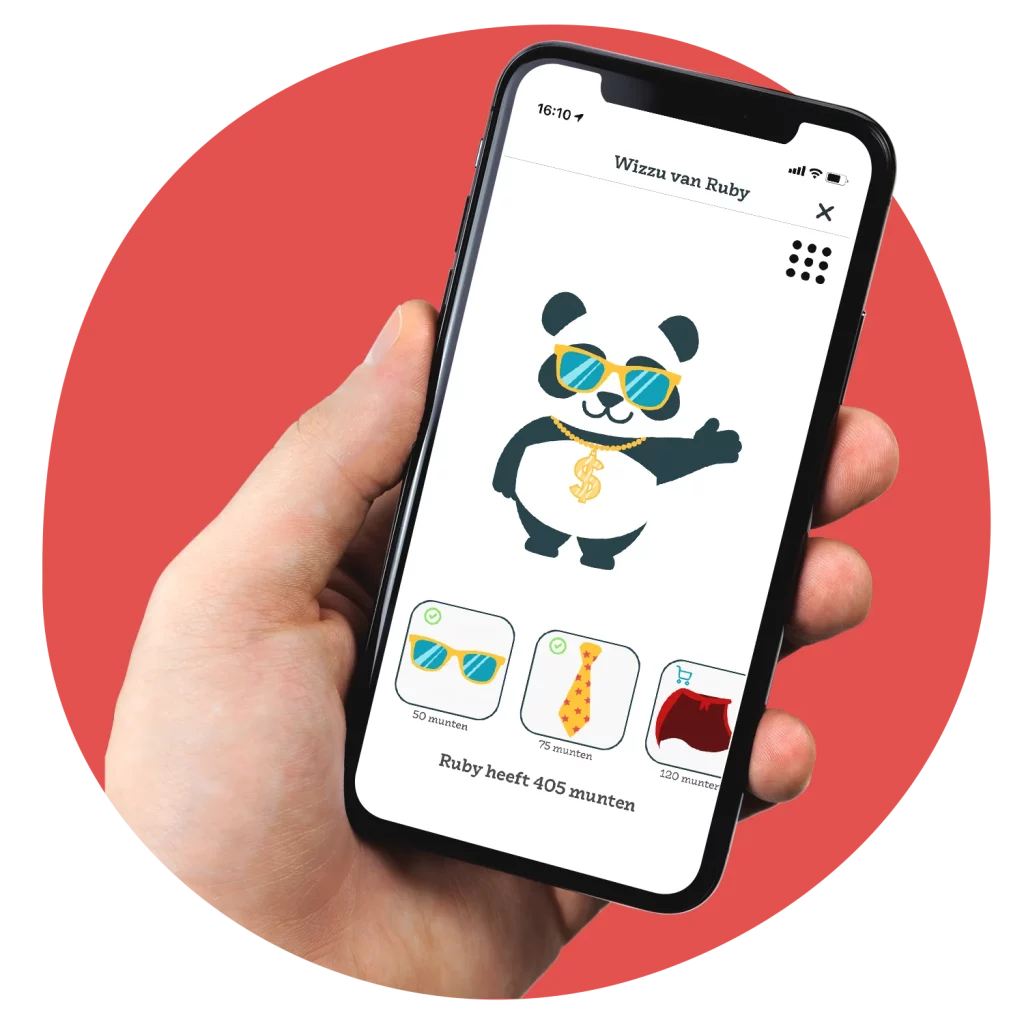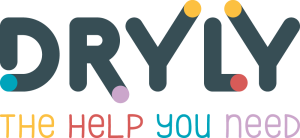How do you develop an app that really makes an impact?

Introduction to App Development: A Complete Guide
Developing an app starts with a brilliant idea and continues through to the final launch and ongoing improvements. But how do you make sure your app is a success and worthwhile? This comprehensive step-by-step guide guides you through the process of successful app development, covering strategy, design, build and launch.
Step 1: Strategy and Planning for Successful App Development
Understand Your Purpose and Target Audience
A successful app starts with a clear strategy. What do you want to achieve with your app? Is it meant to solve a problem, provide a service, or provide entertainment? Once your goal is clear, you can define your target audience. Who will use your app and why? Engaging your prospective users through focus groups, surveys, or interviews can provide crucial insights that will shape the direction of your development.
Essential questions for your strategy:
- Why do I want to develop this app?
- What specific needs will my app fulfill?
- How and when will my target audience use the app?
Step 2: Define Functionality and Technical Specifications.
Define the Core Functions of your App
Before you start designing the app, you need to determine the core functionalities. What actions should the user be able to perform? This depends on the type of app: educational, business, entertainment, and so on. For example, should users be able to register and log in? Is there a need for integration with social media or real-time updates?
Choose the Right Technology for Optimal Performance
The choice between a native app, web app or hybrid app has a big impact on the user experience and functionality. The choice should match your target audience and the app's functionality. A native app generally offers better performance and integration with the device's hardware, while a web app can be more cost-effective and easier to update.
Step 3: Design and User Experience
Functional Design: The Blueprint of Your App
Start with wireframes that outline the structure of the app. These are the blueprints in which you plan the user flow and interaction of the app. This helps organize the visual and functional elements of the app before the actual design process begins.
Visual Design: Make it Attractive and Intuitive
The visual design should not only be attractive but also intuitive to the end user. It should be consistent with your company's branding and values. Whether you choose a minimalist design or a complex theme, make sure the design supports the functionality of the app.
Step 4: Development and Testing
Development Process: Build with Quality in Mind
The development phase is where the actual building of the app takes place. Depending on the complexity of the app, this may involve an Agile development process, where you work in sprints and integrate regular feedback.
Test Thoroughly: Ensure a Flawless Experience
Testing is crucial to ensure that the app is free of bugs and that the user experience is smooth. This includes both automatic and manual testing, and should include both technical performance and user interactions.
Step 5: Launch and Growth of your App
Launch Your App with a Strong Marketing Strategy
The launch of your app should be accompanied by a thoughtful marketing strategy. Consider app store optimization (ASO), press releases, and promotional activities to gain visibility.
Maintenance and Updates: Keep Improving
After launch, it is important to maintain the app with regular updates, new content, and improvements based on user feedback.
Conclusion: Make your App a Success
App development is a continuous process of learning and adaptation. With the right strategy, a focus on user experience, and a robust development approach, you can create an app that not only meets but exceeds your users' needs.
-
What are the benefits of choosing native app development?
Native apps offer better performance, higher speed and better optimization for specific operating systems such as iOS and Android. This results in a more streamlined and efficient user experience, making them particularly suitable for performance-intensive applications.
-
What is the usual timeline for developing an app at Score Agency?
The timeline for app development varies depending on the complexity of the app and the client's requirements. On average, simple apps take 2-4 months, while more complex projects can take up to 4-6 months. -
Can I have an app developed that works on both Android and iOS?
Yes, you can. With Flutter, one of our specialties at Score Agency, we can efficiently develop apps that work seamlessly on both Android and iOS from a single codebase, significantly reducing development costs and time. -
How does Score Agency ensure the security of the apps it develops?
Security is a priority with every app we develop. We implement multiple layers of security and follow best practices for encryption and data encryption to ensure that all user data is secure. -
How do you ensure inclusivity and accessibility in its app development?
Inclusivity and accessibility are at the heart of every app we develop. We follow the WCAG (Web Content Accessibility Guidelines) and ensure that our apps are accessible to people with various disabilities, including visual, hearing, motor and cognitive impairments. This includes implementing screen reader-friendly content, voice controls, customizable text sizes and color contrast options. We test extensively with real users from different demographic groups to ensure that our apps are inclusive for everyone. -
How is Flutter different from other hybrid frameworks?
Flutter uses a unique rendering engine and proprietary widget set, giving developers the ability to build visually appealing apps that work smoothly on multiple platforms. It also offers faster development time due to its hot-reload feature, allowing immediate changes without having to restart the app. -
How do you maintain an app?
To ensure that the apps we develop are future-proof, we proactively follow the latest technology trends and apply flexible architecture principles. This allows us to easily implement new features and updates without having to make major changes to the existing infrastructure. We also encourage the use of scalable cloud services and APIs that can be easily adapted as technologies evolve. -
How do you integrate AI functionalities into mobile apps?
At Score Agency, we integrate artificial intelligence (AI) to improve user experience and increase operational efficiency. This includes everything from AI-powered chatbots for better customer service to advanced algorithms for personalization and predictive analytics. Our development team stays abreast of the latest AI trends and tools, enabling us to implement smart, context-aware features that increase user engagement and satisfaction.


